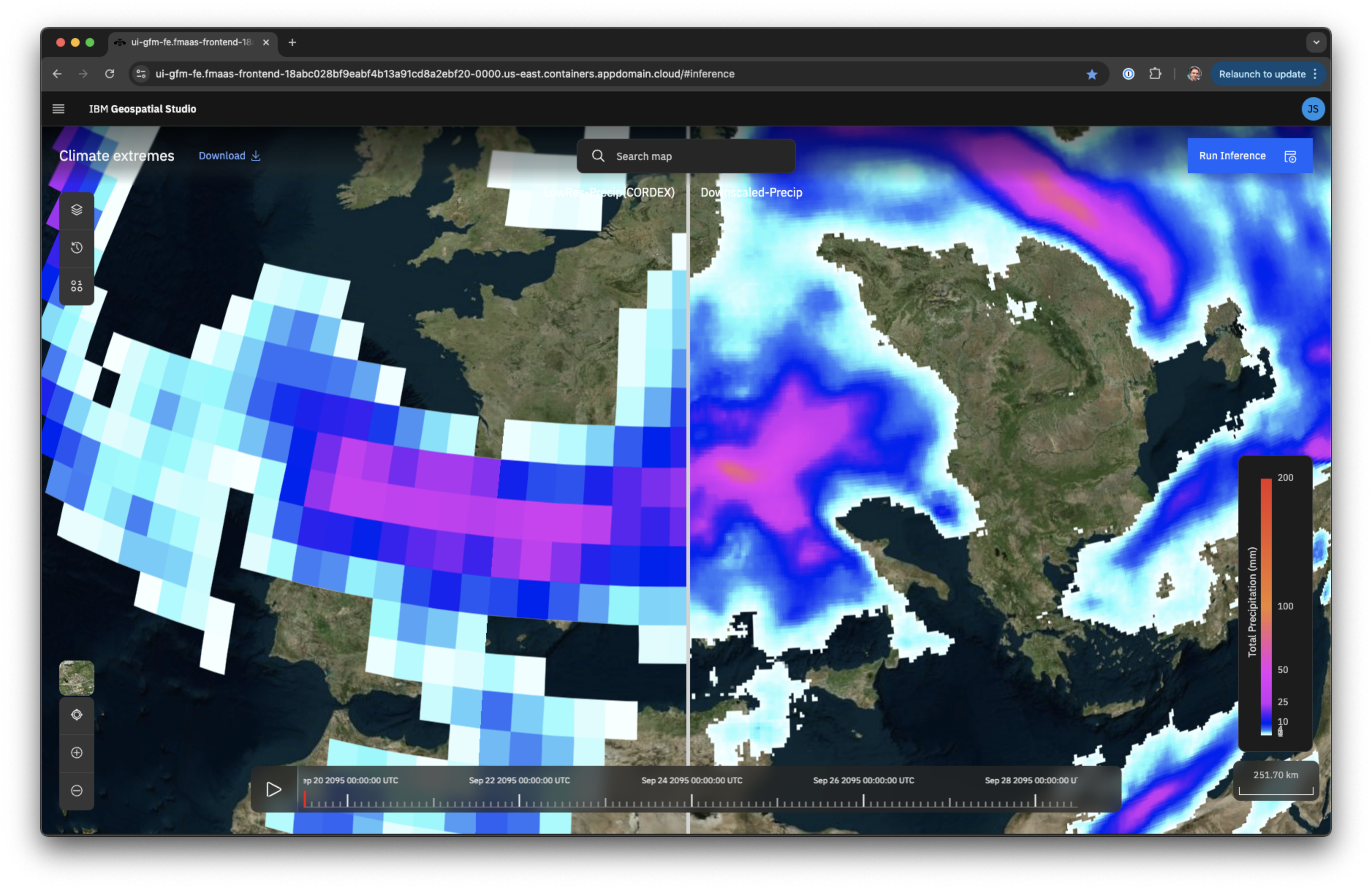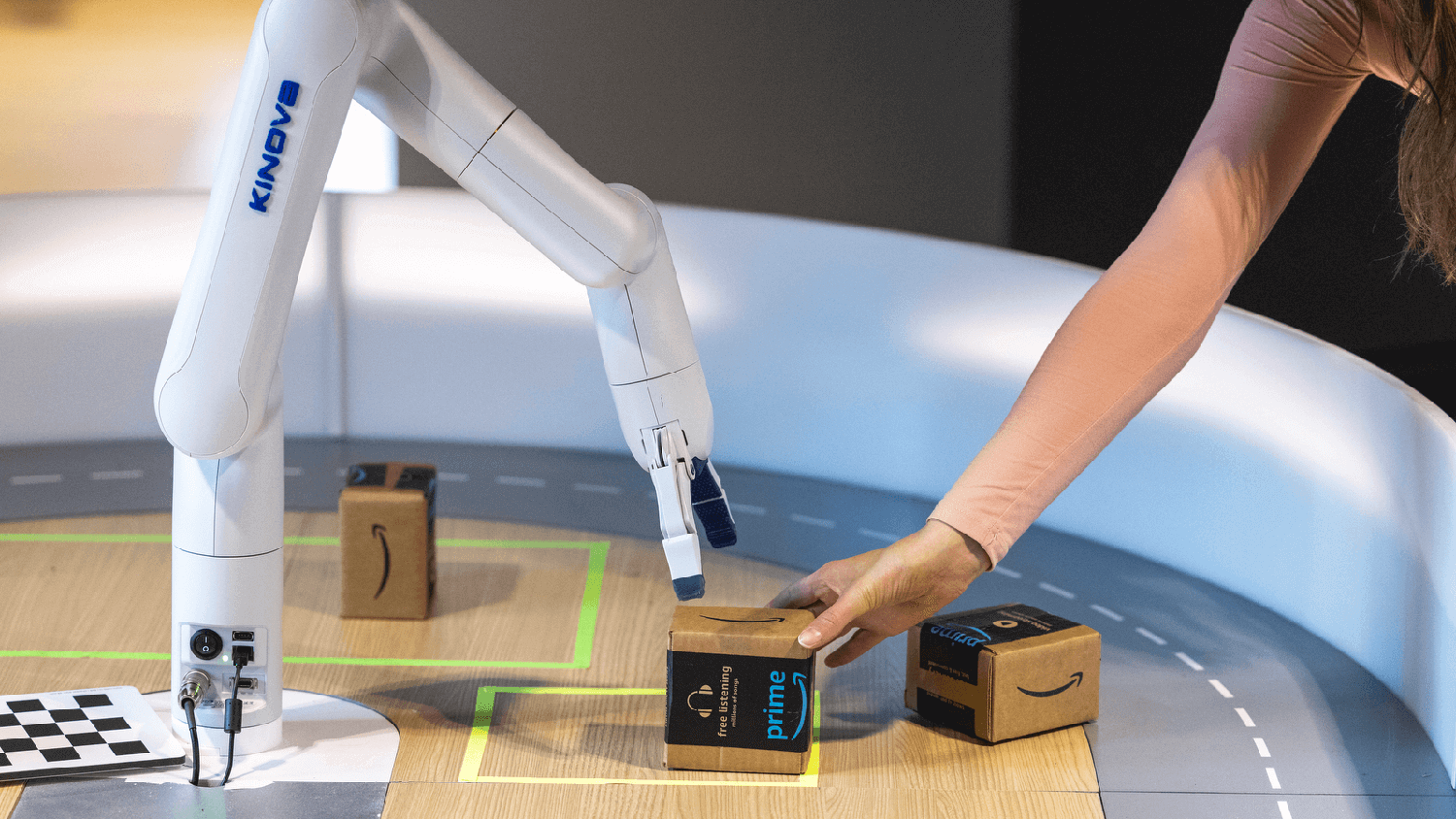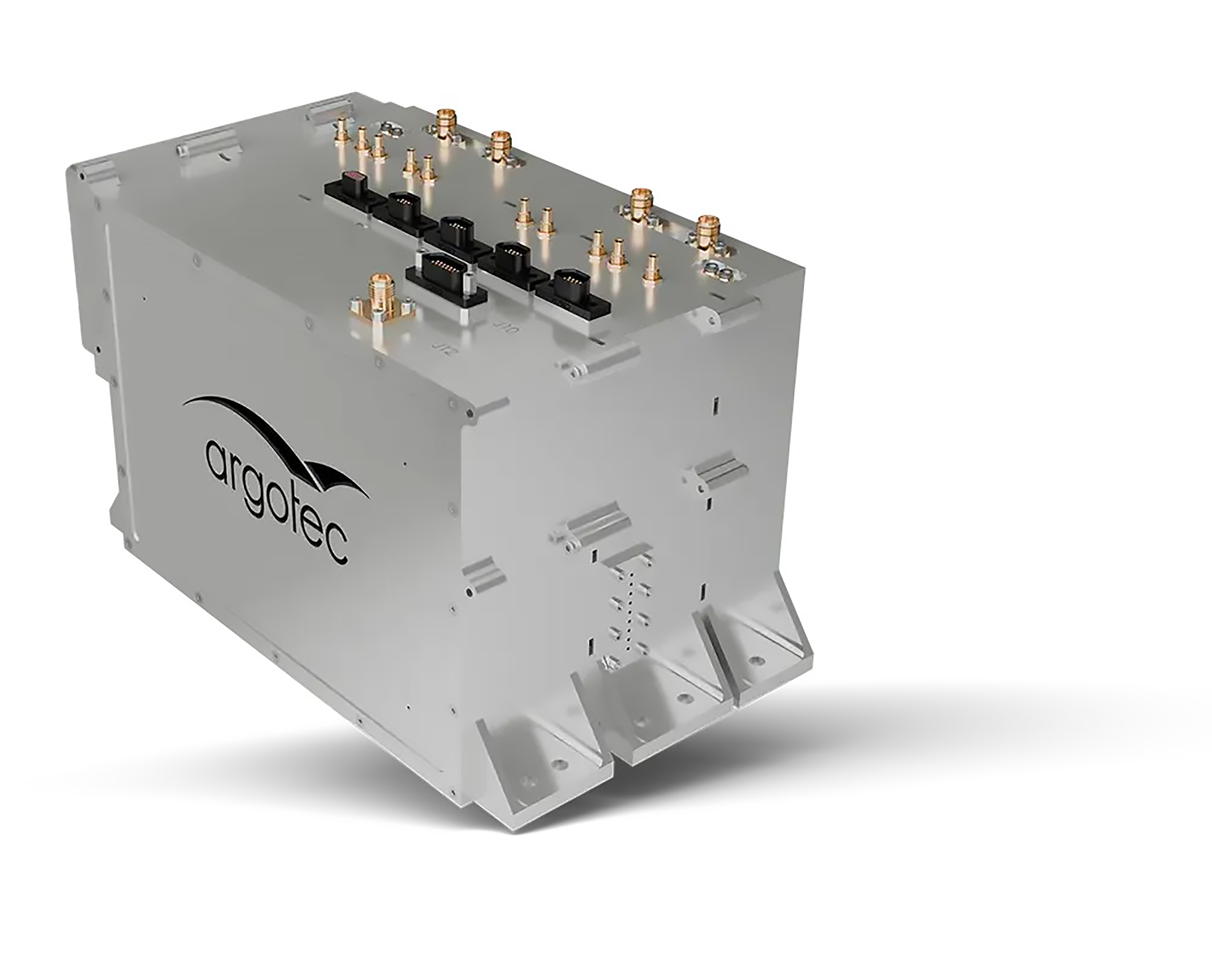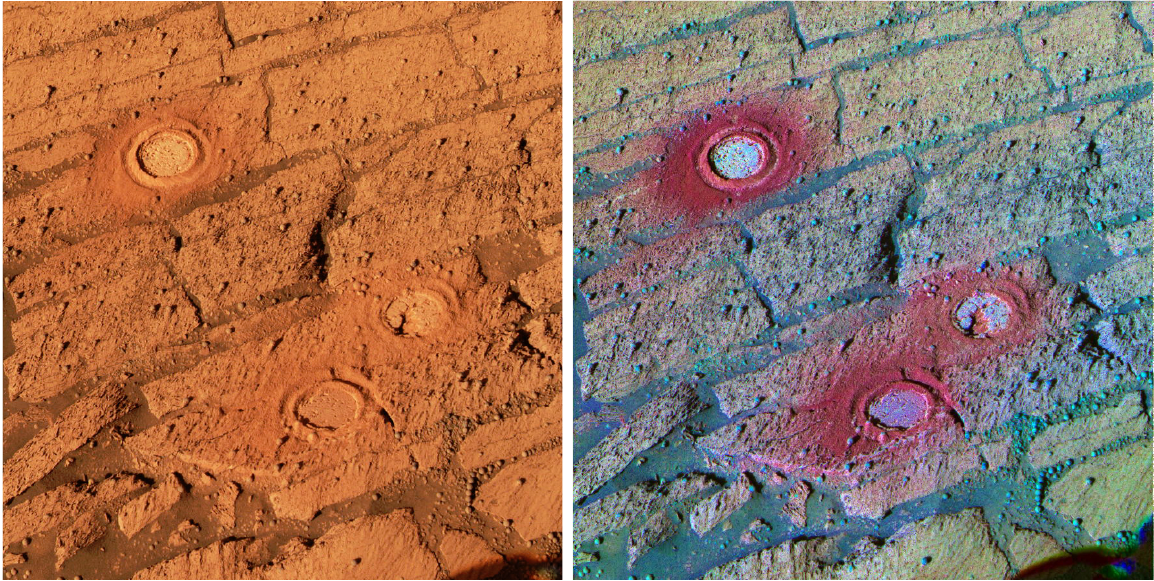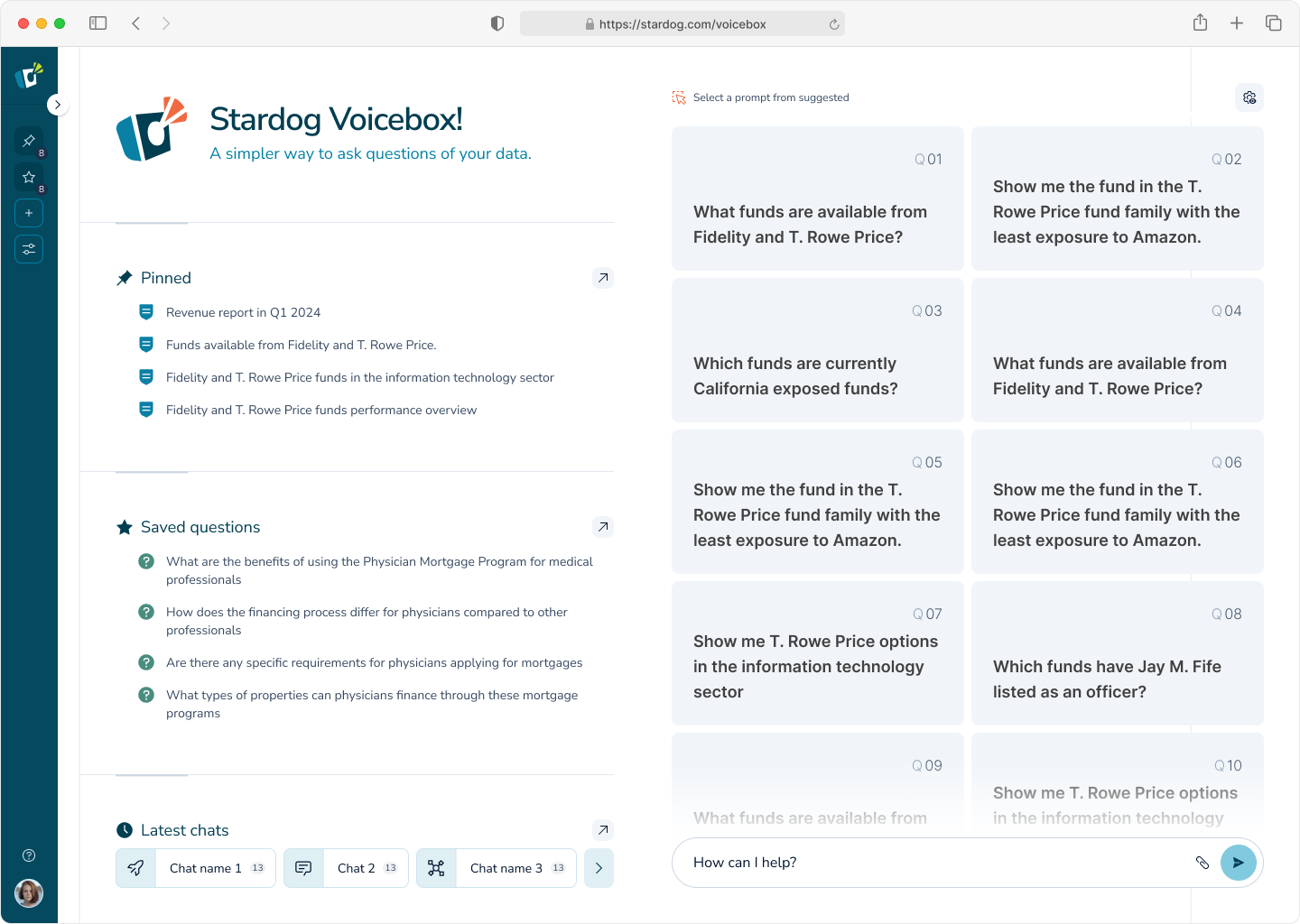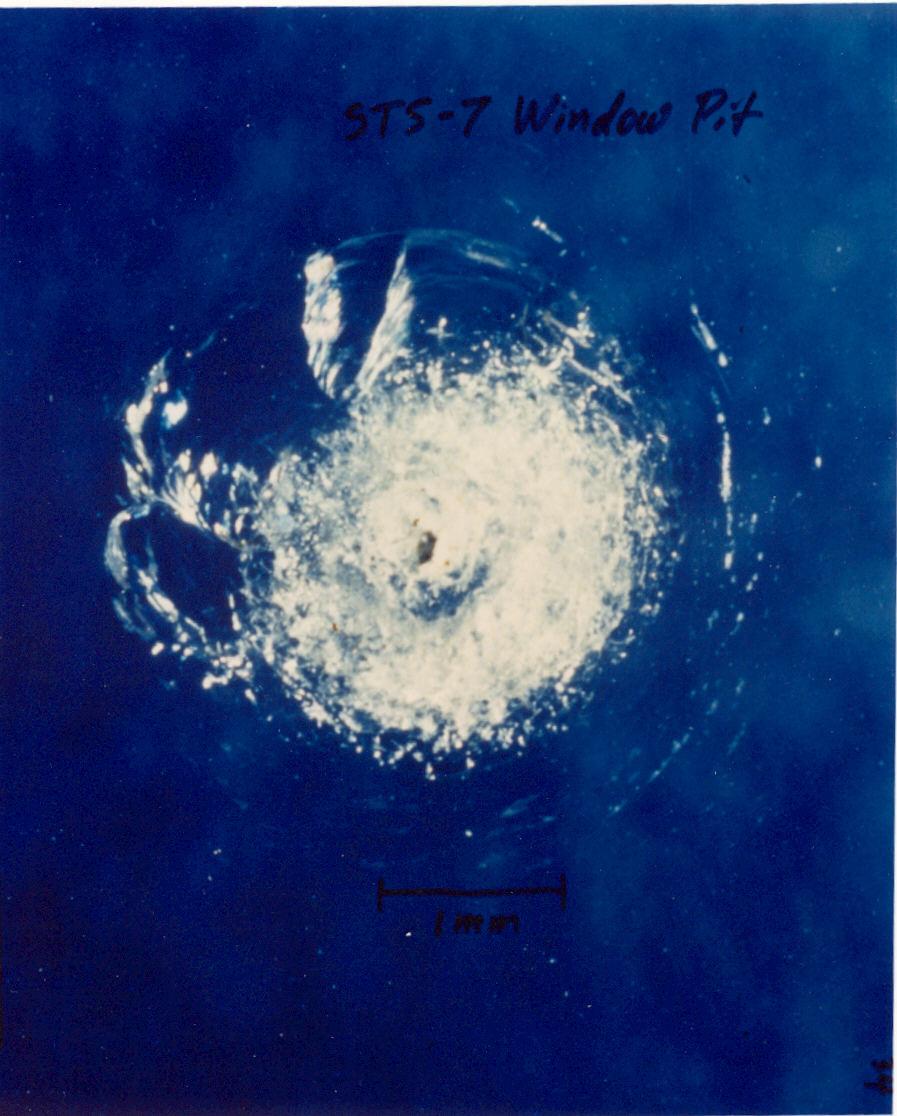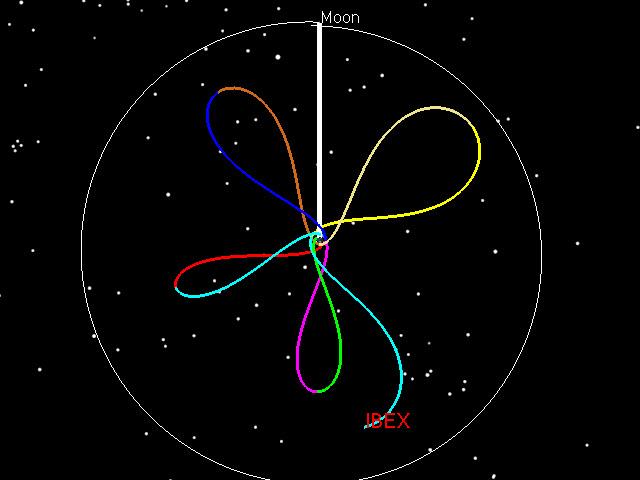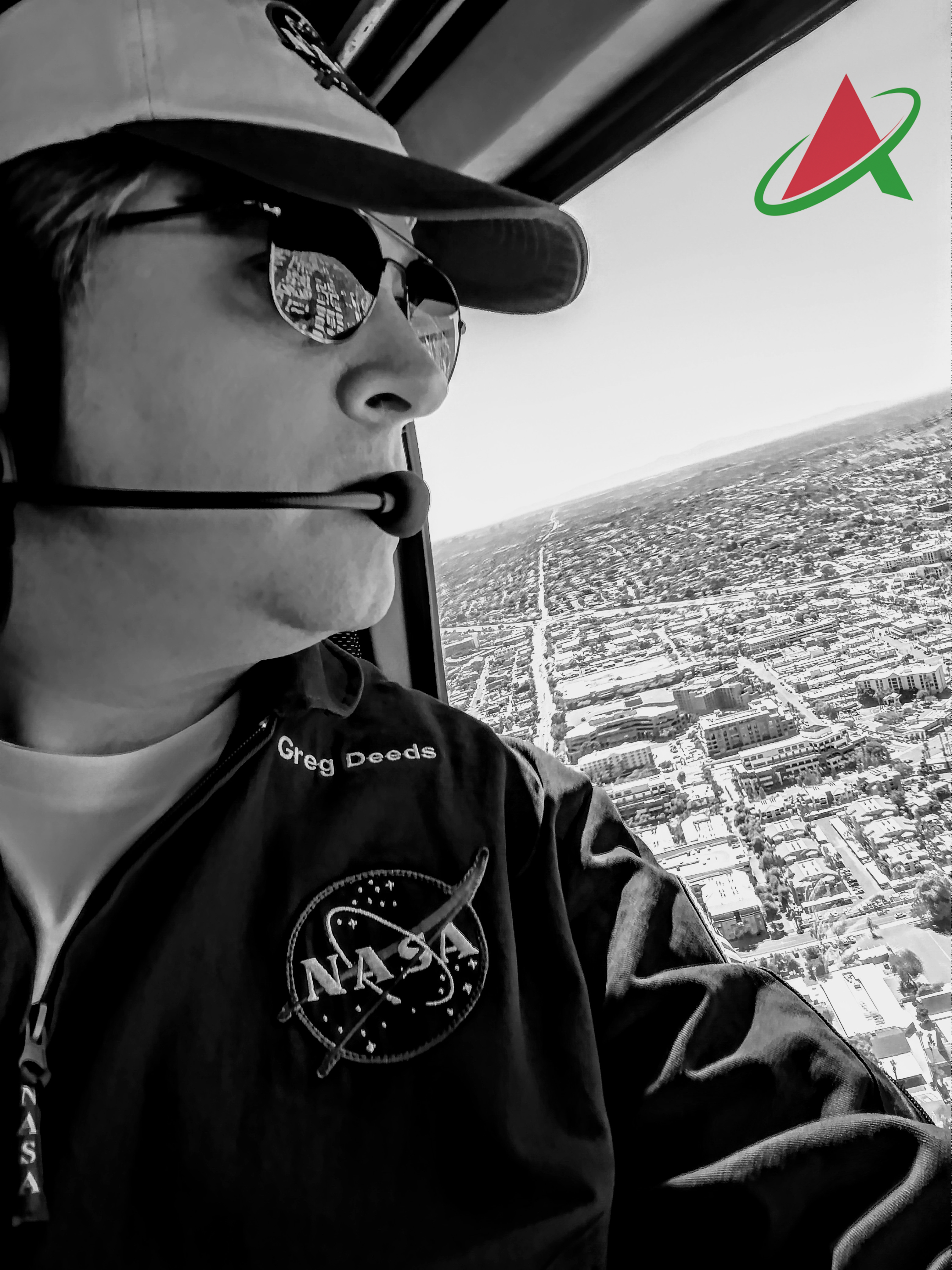Software Surrogate
Since its founding in 1989, providing collaborative software agents has been a core capability developed by Blackboard Technology (BBTech) of Amherst, Massachusetts. As a spinoff of a five-year research project at the University of Massachusetts, BBTech researched, created, and applied cooperative-control technologies to devise software tools capable of interacting between computer programs, thereby mimicking the flexibility of humans, to sort out solutions to problems. Blackboard's proficiency is in building interactive software modules that "brainstorm" as a group to cooperatively solve problems, monitor processes, schedule activities, simulate the future, and perform other complex activities.
Small Business Innovation Research (SBIR) awards from the Johnson Space Center aided BBTech's expertise in the field. NASA requirements centered on the need for human operators to monitor and interact with intelligent computer systems in use aboard piloted space vehicles. BBTech's approach was to develop a generic architecture in which a software surrogate serves as the spacecraft operator's representative in the fast-paced realm of nearly autonomous, intelligent systems. The initial research was carried out under a NASA SBIR award entitled, "A Blackboard-Based Framework for Mixed-Initiative, Crewed-Space-System Applications." This surrogate technology extended the capabilities of BBTech products that are used in a wide range of federal and commercial applications as both a base technology and a commercial software framework.
BBTech became a leader in collaborative-integration applications. This involves closely coupled software systems that work together in varying patterns according to the needs of the application. Some integrated applications pass data from one software system to the next, in much the same way as parts are combined in an assembly line, but this approach is best suited for routine, repetitive tasks. Collaborative-integration, on the other hand, involves using the software systems as a team, to quickly respond to situations.
The firm also enhanced its software products by devising "skeptical agents," tailored to actively monitor the conflicts between organizationally specified activities and potential task-level actions.
BBTech's software has saved users millions of dollars. For example, the Canadian Space Agency reduced its Radarsat-1 mission control system software development costs from an estimated $20 million to $7 million by using the firm's GBB™ (Generic Blackboard Builder) product. By applying GBB™, a satellite scheduling system permits end users anywhere in the world to connect to Radarsat-1's mission control system, to prepare and submit user requests, and to monitor the status and progress of their request as it is planned and executed.
BBTech further developed a line of products, including GBB Runtime™ that provides a low-cost solution for delivering a developed GBB™ application to a large number of users. Another product is ChalkBox™, a graphics toolkit for creating object-oriented, graphical user interfaces that are portable on all hardware platforms on which GBB™ runs.
In 1998, BBTech became part of Knowledge Technologies International (KTI), and portions of past work done under the NASA SBIR program have been applied to KTI's line of products to support knowledge-based organizations. KTI's software products are utilized to create customer-driven product designs for users in aerospace, automotive, and manufacturing industries. The new home for the technology is seen as a strategic step toward the production of innovative, top-of-the-line software.
GBB™, GBB Runtime™, and ChalkBox™ are trademarks of Blackboard Technology.
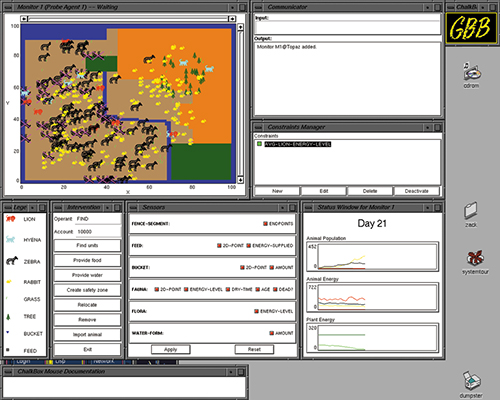
Blackboard Technology's software "brainstorms" to solve problems, monitor processes, and simulate the future.




